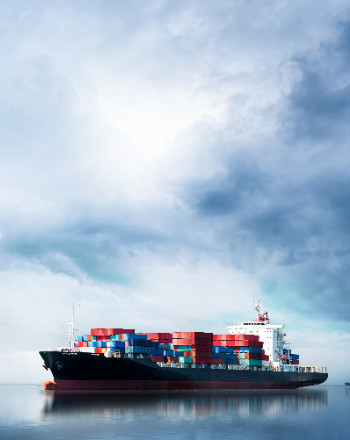A good risk management helps identify similar risks at an early stage and put alternative countermeasures in place.
Editorial
Dear Readers,
In March of this year, the pictures went around the world – the Ever Given, a giant freighter with a cargo capacity of over 20,000 containers, ran aground in the Suez Canal, blocking one of the world’s most important trade routes. This resulted in many companies having to wait for their goods, major production losses and a devastating financial impact.
In addition to the blockage of the Suez Canal, the delivery bottlenecks for microchips also sent many companies into crisis mode. In this Supply Management Insights, we highlight what structured and proactive risk management can do and how you can implement one.
Particular risks lurk around supply chains, especially in the areas of compliance and sustainability. For example, the Supply Chain Act passed by the German Federal Cabinet will require large companies to be more transparent and to comply with environmental standards and human rights. This is also playing an increasingly important role for private equity companies in their investment decisions, as we found out in the new edition of our private equity study.
Enjoy reading and stay away from risks!

An effective risk management system is worth its weight in gold
In a situation like that, being able to act quickly is paramount. A proactive risk management department would have been able to immediately identify which goods were affected, the consequences the delay would have for the company, what they still had in stock, which alternative supply routes the company should switch to and which alternative suppliers could help fill the gap.
Companies are now more aware of the importance of a good risk management system than ever before.






